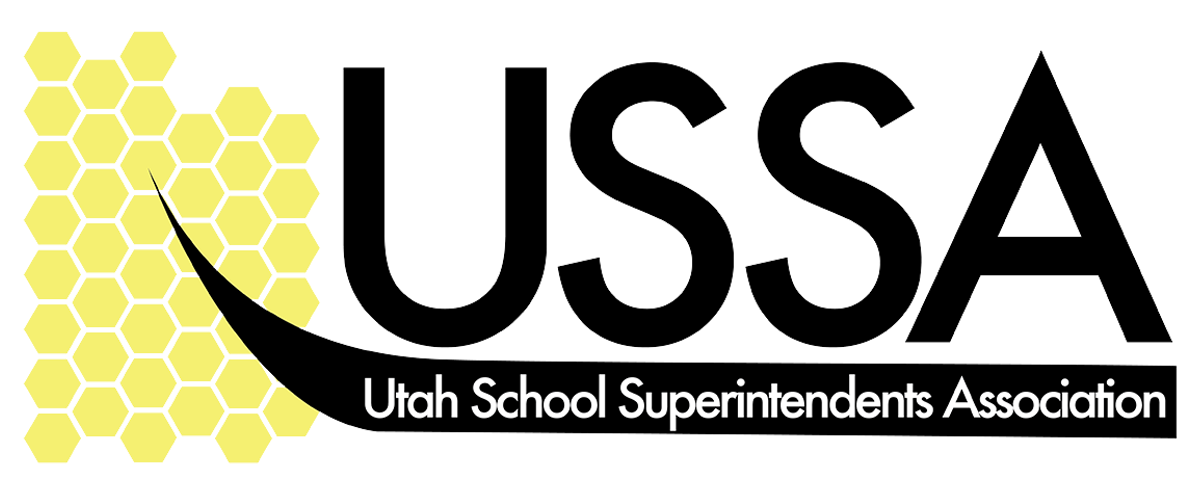“Student achievement is not just the work of classrooms—it is the collective responsibility of communities.”
Student success is at the heart of every decision made in Utah’s local school districts, and school board members play a vital role in ensuring that every child can thrive. While teachers and administrators work directly with students, board members help shape the conditions that make high levels of learning possible.
The Office of the Legislative Auditor General (OLAG) recently released The Best Practices Handbook for Student Achievement in Public Education, which highlights effective strategies for improving student outcomes across Utah. This valuable resource reinforces the essential role of governance in promoting achievement and offers practical guidance for boards seeking to strengthen their focus on results.
Setting a Clear Vision
School boards are responsible for establishing a vision for education in their communities. By identifying priorities and setting ambitious goals for student achievement, boards create the roadmap that guides every classroom. A clear vision ensures alignment across the district so that resources, policies, and programs all support student learning. The OLAG handbook emphasizes that clear, measurable goals—developed collaboratively—are key to sustained improvement.
Focusing on Policy
When board members concentrate on high-level policy rather than day-to-day operations, districts function more effectively. Strong governance allows educators the freedom to teach while maintaining accountability to established standards. The handbook underscores this principle, noting that effective boards focus on systems and outcomes rather than individual actions, allowing leaders and teachers to dedicate their energy to instruction, innovation, and meeting student needs.
Allocating Resources Wisely
Every budget decision impacts student achievement. School boards determine how to invest in curriculum, professional development, technology, and support services that directly affect learning outcomes. By prioritizing evidence-based practices and equitable access—as recommended in the OLAG handbook—board members ensure that funding decisions yield the greatest possible benefit for students.
Holding Systems Accountable
Accountability is one of the board’s most important responsibilities. By regularly monitoring progress toward student achievement goals, asking thoughtful questions, and reviewing data, board members ensure that strategies are effective and that all students are making progress. The OLAG handbook highlights the importance of using data to inform decision-making and sustain continuous improvement.
Engaging the Community
Strong partnerships between schools, families, and communities are critical to student success. Board members act as ambassadors, building trust, listening to community voices, and communicating the district’s priorities. When families and communities feel connected, student achievement rises.
Utah’s school board members play a central role in creating the conditions where students can excel. By setting vision, shaping policy, allocating resources, and building trust, boards influence every aspect of student success. The Best Practices Handbook for Student Achievement in Public Education offers timely, research-based guidance to support this vital work and strengthen our shared commitment to helping every student thrive.

